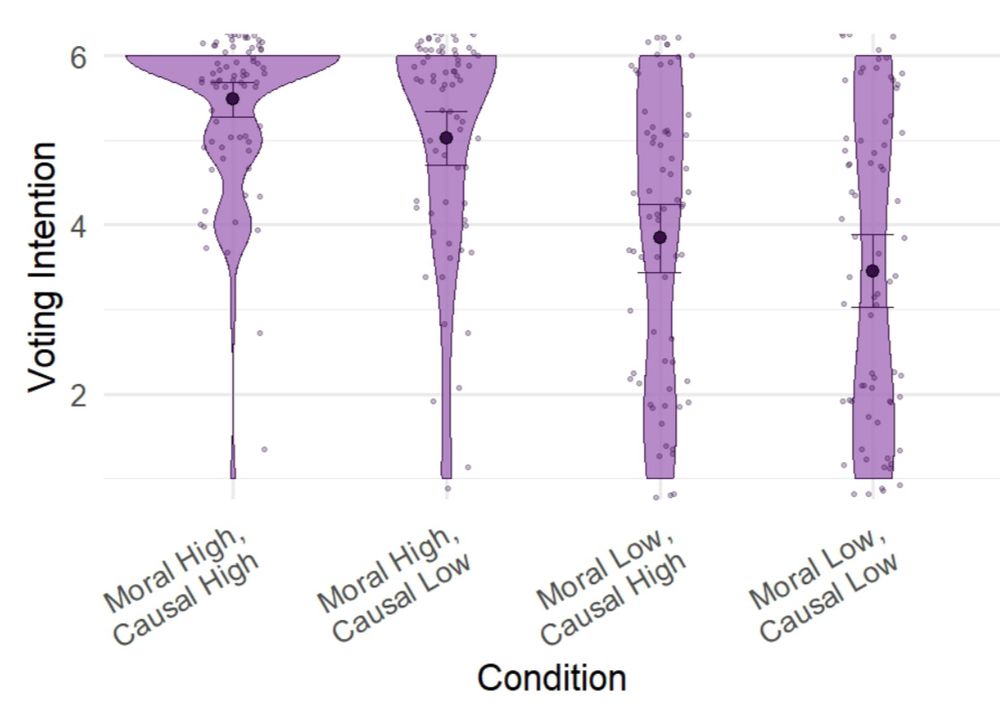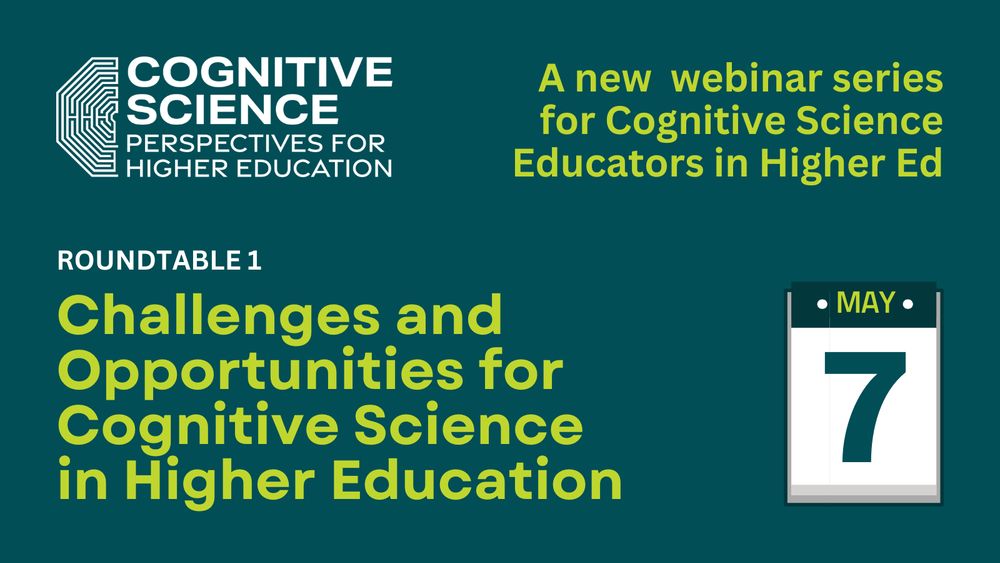Tania Lombrozo
@tanialombrozo.bsky.social
900 followers
190 following
24 posts
Writes about cognitive science and philosophy. Professes psychology at Princeton University. Devours chocolate and fiction. www.tanialombrozo.com
Posts
Media
Videos
Starter Packs
Reposted by Tania Lombrozo
Reposted by Tania Lombrozo
Reposted by Tania Lombrozo
Stephan Lewandowsky
@lewan.bsky.social
· Jun 19
The Anti-Autocracy Handbook: A Scholars' Guide to Navigating Democratic Backsliding
The Anti-Autocracy Handbook is a call to action, resilience, and collective defence of democracy, truth, and academic freedom in the face of mounting authoritarianism. It tries to provide guidance to ...
sks.to
Tania Lombrozo
@tanialombrozo.bsky.social
· Jun 12
Tania Lombrozo
@tanialombrozo.bsky.social
· Jun 12
Tania Lombrozo
@tanialombrozo.bsky.social
· Jun 12
Tania Lombrozo
@tanialombrozo.bsky.social
· Jun 12
Tania Lombrozo
@tanialombrozo.bsky.social
· Jun 12
Tania Lombrozo
@tanialombrozo.bsky.social
· Jun 12

How laypeople evaluate scientific explanations containing jargon - Nature Human Behaviour
Cruz and Lombrozo examine how laypeople make sense of scientific explanations and find that although jargon reduces understanding, for short explanations, jargon makes the explanation more satisfying.
doi.org
Tania Lombrozo
@tanialombrozo.bsky.social
· Jun 12
Tania Lombrozo
@tanialombrozo.bsky.social
· Jun 12
Tania Lombrozo
@tanialombrozo.bsky.social
· Jun 12
Tania Lombrozo
@tanialombrozo.bsky.social
· Jun 12
Tania Lombrozo
@tanialombrozo.bsky.social
· Jun 12
Tania Lombrozo
@tanialombrozo.bsky.social
· Jun 12
Tania Lombrozo
@tanialombrozo.bsky.social
· Jun 12
Reposted by Tania Lombrozo
Reposted by Tania Lombrozo
Reposted by Tania Lombrozo





